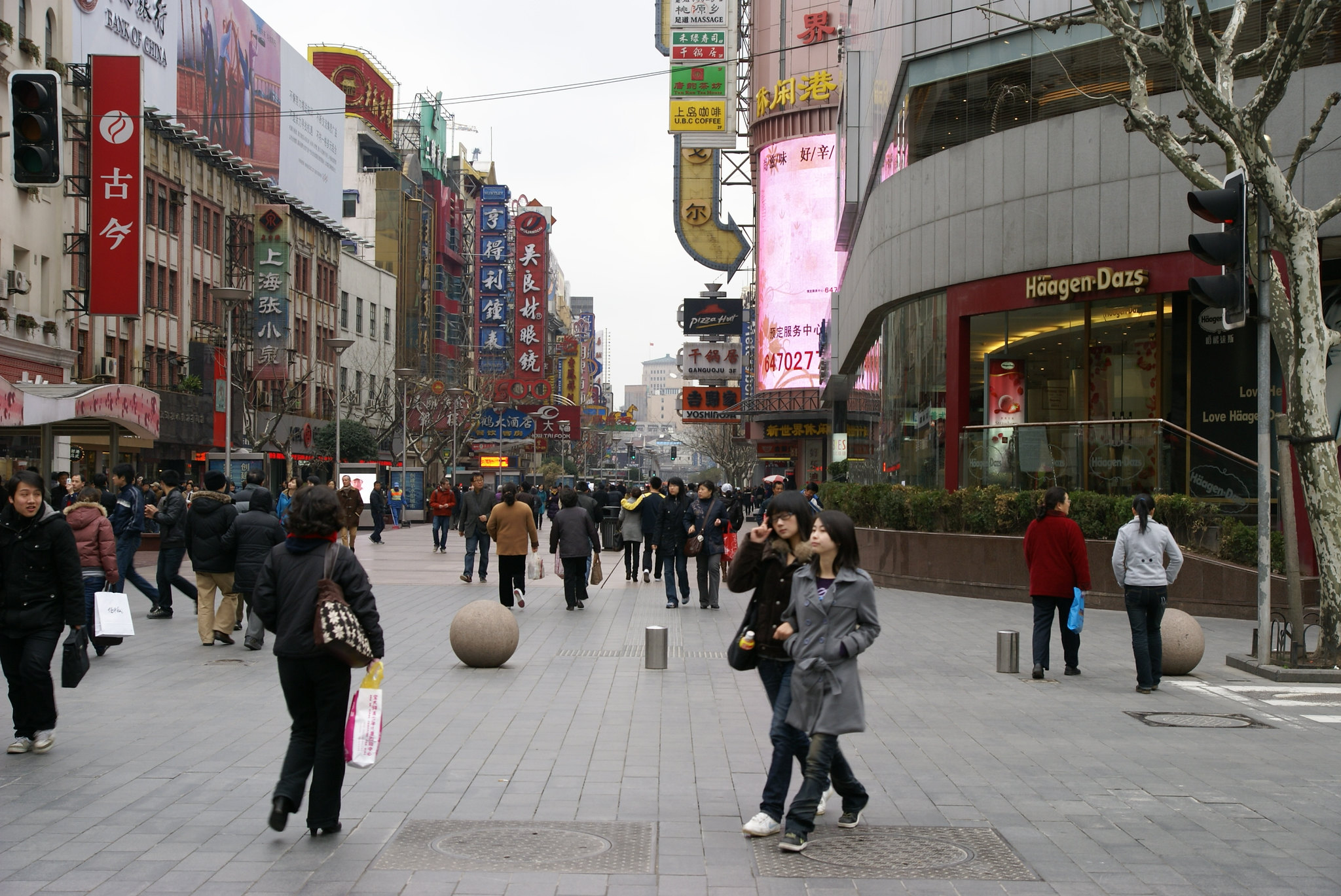MSc Development Studies Alumnus, Olugbenga Opeyemi Okunade explores how the rise of neoliberalism has transformed global cities into hubs for capital production, marked by hidden social inequalities and winners and losers among their inhabitants.
Neoliberalism and the Invisible Principles
Global cities emerged as sites for the creation of capital owing to the deregulation of various markets. This deregulation often occurs owing to the adoption of neoliberalism globally. Neoliberalism is a political-economic principle that has been dominating the development and public domain since the 1970s. Neoliberalism became a dominant economic principle owing to the stagflation and global economic crisis that was caused by the application of Keynesian economics. The Keynesian economic principle delivered a high rate of economic growth between 1950-1960. Unfortunately, this economic growth was overturned by stagflation and economic crisis. Besides stagflation and global economic crisis, the Mont Pelerin Society, the election of Thatcher and Reagan in the UK and the US, and the OPEC oil crisis in 1973 facilitated the global adoption of neoliberalism.
Neoliberalism argues for the application of market forces of demand and supply in the determination and allocation of resources in society. In other words, society will be regulated by what consumers want and these wants will be met by the producers that are often private individuals or entities. The argument for this application is that states are inefficient in allocating resources perfectly in society because states are composed of people who can be influenced or corrupted by other people in society. Consequently, states are to play a minimal role in the economy. This minimal role involves the creation of an enabling environment for the smooth operation of the market forces of demand and supply. These include enforcing private property rights, free trade, markets, and the building of infrastructure for the attraction of foreign direct investment. Moreover, the states are to reduce the provision of social services to people. Contrastingly, research has shown that a state plays a huge role in the structural transformation and development of some East Asian countries. e.g., South Korea, Hong Kong, Singapore, Taiwan, China, Malaysia, and Singapore. Similarly, the huge roles that a state plays in the prevention of the spread of COVID-19 and coordination of the economy show that the roles of a state are still needed in the allocation of resources and the coordination of an economy. Neoliberalism adopts the logic of deregulation and privatization. In other words, there is financial liberalization that encourages the global movement of capital, and trade liberalization that facilitates the import and export of products, ideas, information, and people globally.
The Working of Invisible Hands in the Global Cities
Neoliberalism produces capital. The production of this capital often takes place globally. This capital production often takes place abroad owing to its high rate of return in international settings (foreign) as against local settings (domestic). The sites where capital is often created by the operation of neoliberal principles are cities. Consequently, cities are places in which capital or wealth is created through the application of neoliberal principles. Owing to the creative role of wealth or capital that cities have assumed globally, the adoption of neoliberalism has affected cities globally in some ways.
Neoliberalism has turned cities into aesthetic places with hidden poverty and social inequalities. Neoliberalism involves the attraction of foreign direct investment. To attract this foreign direct investment, the states are encouraged to create an enabling environment by building infrastructure for the smooth working of a market. Similarly, the need for the attraction of foreign direct investment has compelled some governments to implement urban (city) planning initiatives that are mostly toward the effective working of the market, and not the improvement of people in the cities. These planning initiatives include the erection of signs and symbols on the road, billboard placement showing advertisements, and hosting events. Also, building stadiums and centers for the hosting of World Cup games, conferences, and music concerts is now the major focus of some states or governments. For instance, the adoption of neoliberalism in India in 1991 led to the emergence of Bangalore as a global city and tech hub. Bangalore is described as the headquarters of the Indian software and computer service industry with beautiful shopping malls, golf courses, five-star hotels, and English-speaking cinemas. Unfortunately, Bangalore has 6 million population, and half of this population does not have access to piped water. Also, Bangalore has more street children (90,000) than the software geeks (60,000). Besides, the city has many rag pickers. Similarly, the implementation of the Structural Adjustment Program (neoliberalism) increased the poverty rate among Lagosians in Nigeria from 28% in 1980 to 66% in 1996. Also, in Latin American countries, the implementation of neoliberalism increased the number of urban poor people (city dwellers) from 44 million in 1970 to 115 million in 1980.
Neoliberalism has facilitated the emergence of cities as command centers of the global economy. Neoliberalism looks for opportunities to create capital and to create capital, there will be a need to move operational activities of the business to places/regions/countries where such capital will be produced. These business opportunities are often concentrated in the cities. Hence, neoliberalism concentrates headquarters of some multinational corporations and branches of banks in the cities globally. Importantly, neoliberalism involves capital accumulation that happens globally and locally, and to have trust in the operational activities of businesses that are looking for capital, they need to have branches and headquarters not alone in their countries but in other countries. Additionally, the de-industrialization which reduces the number of the manufacturing sector in some economies or countries (locally), while increasing the growth of the manufacturing sector of some countries (abroad/foreign) can also facilitate the movement of business operations of some companies. Hence, there is a proliferation of branches and headquarters of multinational corporations in the cities globally owing to the need to coordinate the operational activities of multinational companies. The global operation of businesses in the cities is made possible by the improvement in telecommunication technologies. Although the operational activities of businesses do not take place in every city, they take place only in some selected cities. Hence, cities are ranked in terms of their social importance and the services they provide. For instance, New York, London, and Tokyo are known as the global command economy cities and they account for nearly the majority of stock exchange trading globally.
Conclusion
The desire of some countries to attract foreign direct investment creates winners and losers in global cities. The winners are the few people who work in corporate buildings, especially in the financial service sector with huge salaries. The losers are the people who will be displaced by the erection of corporate buildings and over-valorization (higher rental fees) of city space. Their inability to afford city space will continue to lead to the growth of slum areas especially in the periphery areas of the city in some countries.
The views expressed in this post are those of the author and do not reflect those of the International Development LSE blog or the London School of Economics and Political Science.
Image credit: Manila, Metro Manila, Philippines, Nikko Balanial via Unsplash.





